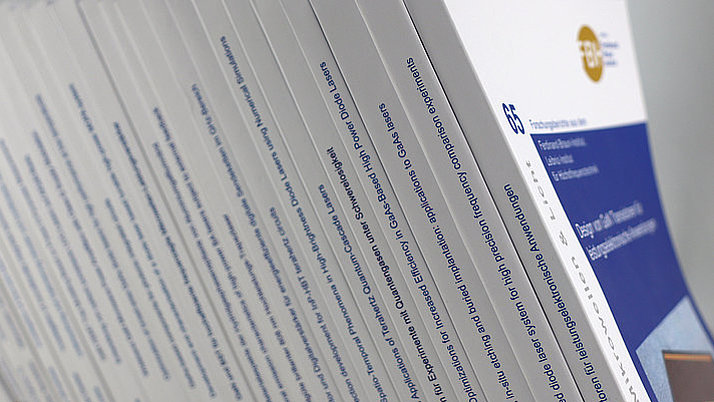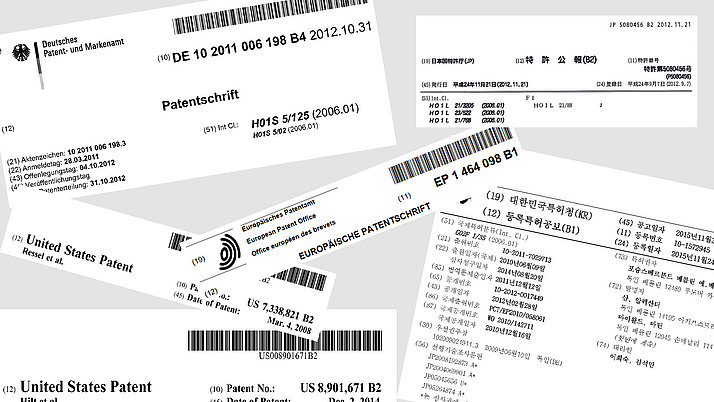Optimizing data acquisition: a Bayesian approach for efficient machine learning model training
M.R. Mahani, I.A. Nechepurenko, Y. Rahimof and A. Wicht
Published in:
Mach. Learn.: Sci. Technol., vol. 5, no. 3, pp. 035013, doi:10.1088/2632-2153/ad605f (2024).
Abstract:
Acquiring a substantial number of data points for training accurate machine learning (ML) models is a big challenge in scientific fields where data collection is resource-intensive. Here, we propose a novel approach for constructing a minimal yet highly informative database for training ML models in complex multi-dimensional parameter spaces. To achieve this, we mimic the underlying relation between the output and input parameters using Gaussian process regression (GPR). Using a set of known data, GPR provides predictive means and standard deviation for the unknown data. Given the predicted standard deviation by GPR, we select data points using Bayesian optimization to obtain an efficient database for training ML models. We compare the performance of ML models trained on databases obtained through this method, with databases obtained using traditional approaches. Our results demonstrate that the ML models trained on the database obtained using Bayesian optimization approach consistently outperform the other two databases, achieving high accuracy with a significantly smaller number of data points. Our work contributes to the resource-efficient collection of data in high-dimensional complex parameter spaces, to achieve high precision ML predictions.
Ferdinand-Braun-Institut (FBH), Leibniz-Institut für Höchstfrequenztechnik, Gustav-Kirchhoff-Straße 4, 12489 Berlin, Germany
Keywords:
machine learning, data acquisition, Bragg gratings, Bayesian optimization, FDTD simulations, inverse design, optimal data generation
© 2024 The Author(s). Published by IOP Publishing Ltd
Original Content from this work may be used under the terms of the Creative Commons Attribution 4.0 licence.
Any further distribution of this work must maintain attribution to the author(s) and the title of the work, journal citation and DOI.
Full version in pdf-format.


